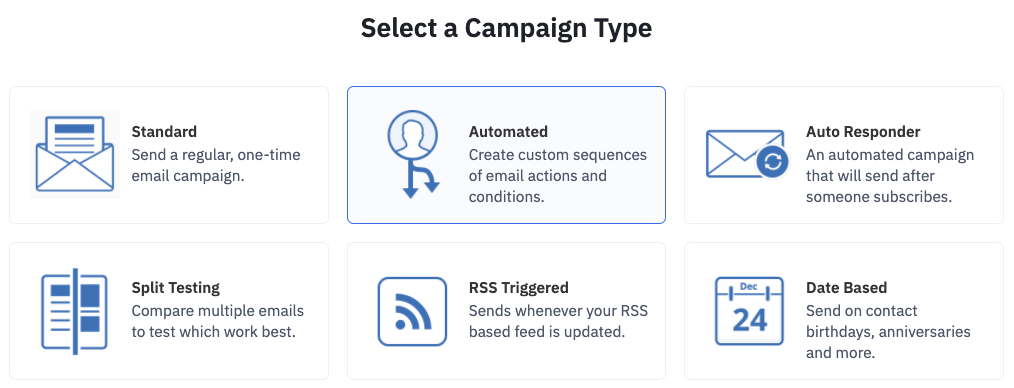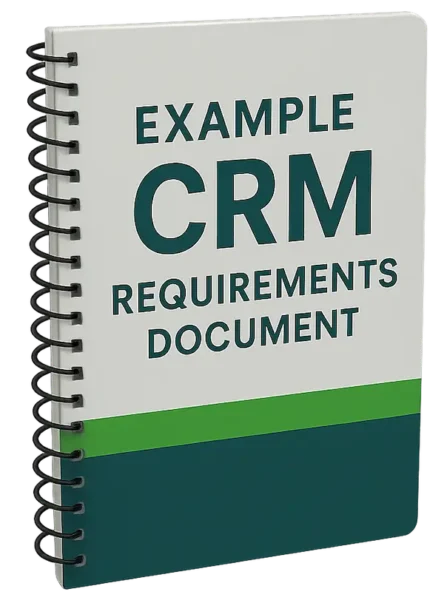As the sales force automation and marketing automation worlds continue to converge, one of the issues that has arisen is a level of confusion resulting from the fact that salespeople and marketers have traditionally used the same words to describe different things.
One example of this is the fact that marketing automation systems variously refer to people as “Prospects” or “Contacts.” In the sales force automation world, a person or a company does not become a prospect until after interpersonal communication occurs and certain qualification criteria are met. Also, an unqualified person is typically a “Lead” before they are promoted to a “Contact.”
Something that has caused considerable confusion for marketers, especially when both a CRM and a marketing automation system are in place, is the word “campaign.” CRM campaigns differ from marketing automation campaigns in a number of ways. What “campaign” means also differs among marketing automation systems.
Traditional definitions of a marketing campaign include “specific activities designed to promote a product, service or business” and “a coordinated series of steps that can include promotion of a product through different mediums.”
CRM Marketing Campaigns
Just as different CRM systems have evolved differently over time, the concept of a campaign has been applied differently to different applications over time. CRM marketing campaign functionality was initially developed before online/inbound marketing was as prevalent as it is today.
Generally speaking, in CRM systems, a campaign is an entity or object that tracks a variety of information about an event, mailing, emailing or other marketing initiative. Leads and contacts can be members of one or more CRM campaigns.
Here is how to set up a Microsoft Dynamics 365 Sales campaign.
Here’s how to set one up in SugarCRM.
The following SlideShare provides an overview of a Salesforce campaign and also provides excellent insight into the CRM vendor perspective on campaigns.
A CRM campaign can include fields such as cost, expected revenue, start date and end date. A campaign can also have activity history associated with it. Common CRM elements such as custom fields, workflows and validation rules can be added to a campaign.
In CRM, it’s very common for users to manually add leads and contacts to campaigns and for administrators to import lists into campaigns.
Read about how to measure the financial success of your marketing →
Marketing Automation Campaigns
Unlike in CRM, a person can only be a member of only one campaign in most marketing automation systems. Also, Contacts are typically not manually added to campaigns or imported into campaigns as they are in CRM.
Instead, people become members of campaigns as a result of certain behaviors. For example, the submission of a specific form can result in a website visitor being associated with a particular campaign. Registering for an event can trigger the association with a marketing automation campaign.
Across marketing automation systems, “campaign” can range from a generalized reference to a rich area of functionality.
In Pardot, a campaign is a persistent item within the application, but a campaign has limited characteristics. A campaign is mainly used as a unifying element, as all forms, landing pages, email templates, prospects, etc. are required to be related to a campaign.
In 2019, Salesforce introduced Connected Campaigns for Salesforce and Pardot. This allows for building, “a 1:1 relationship between Salesforce and Pardot campaigns.”
ActiveCampaign‘s term for an email send is “Campaign.” A new Automation can be created from the Campaign menu. An Automation can be crafted into a marketing campaign.

HubSpot has a relatively rich concept of a campaign. HubSpot offers examples of the types of campaigns that can be run using their Campaign App.
Feature-laden Marketo offers Smart Campaign functionality. With a Smart Campaign, “the second someone does something,” a flow (series of steps) can be triggered.
CRM Campaign and Marketing Automation System Interaction
Because of differing concepts of what “campaign” means, with CRM and marketing automation system pairings, campaigns do not synchronize bi-directionally, as many marketers may naturally expect.
Instead, a CRM campaign lead or contact can become a part of a marketing automation segment or list via an import or a rule.
Depending on the level of integration, a marketing automation prospect or contact can be added to a CRM campaign via a rule, which is an explicit acknowledgment by marketing automation vendors that CRM campaigns are different animals.
Before adopting a marketing automation system and integrating it with a CRM system, marketers should be aware of the differing concepts of what the word “campaign” means in different applications so that they can better prepare and best execute on essential marketing tasks.




